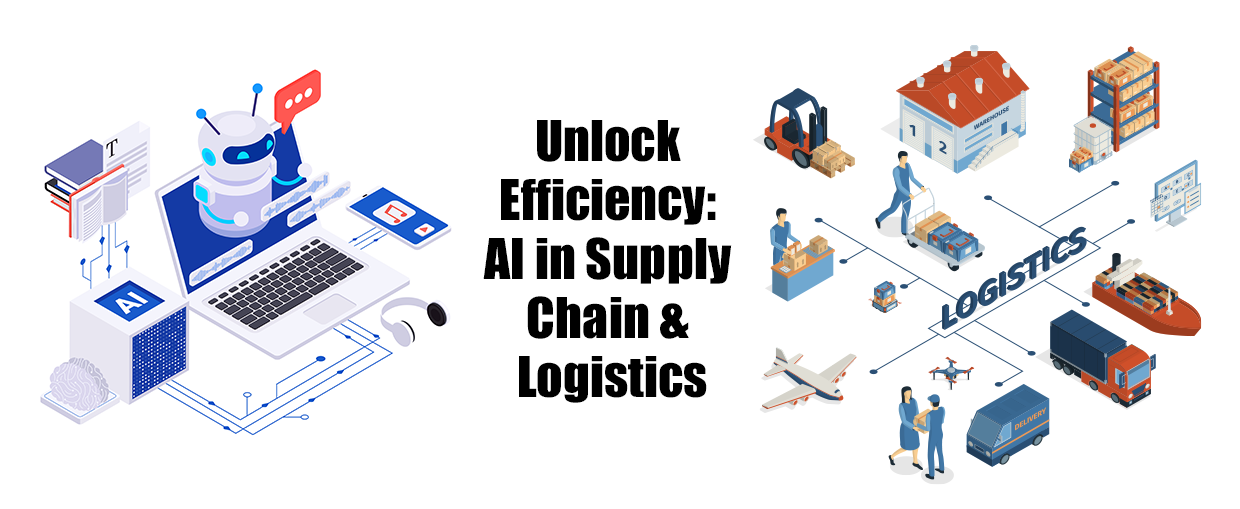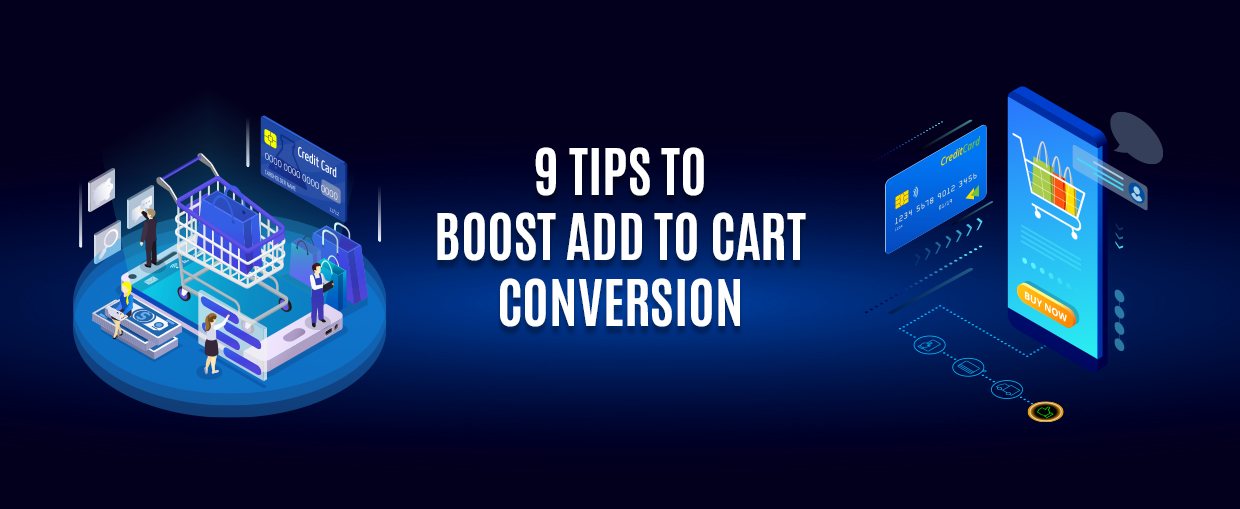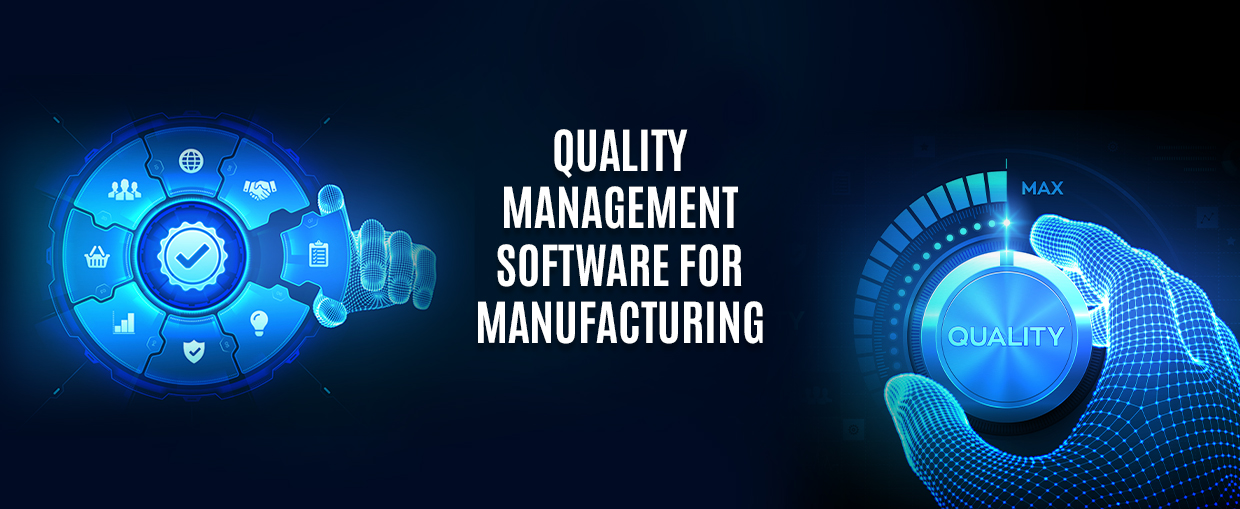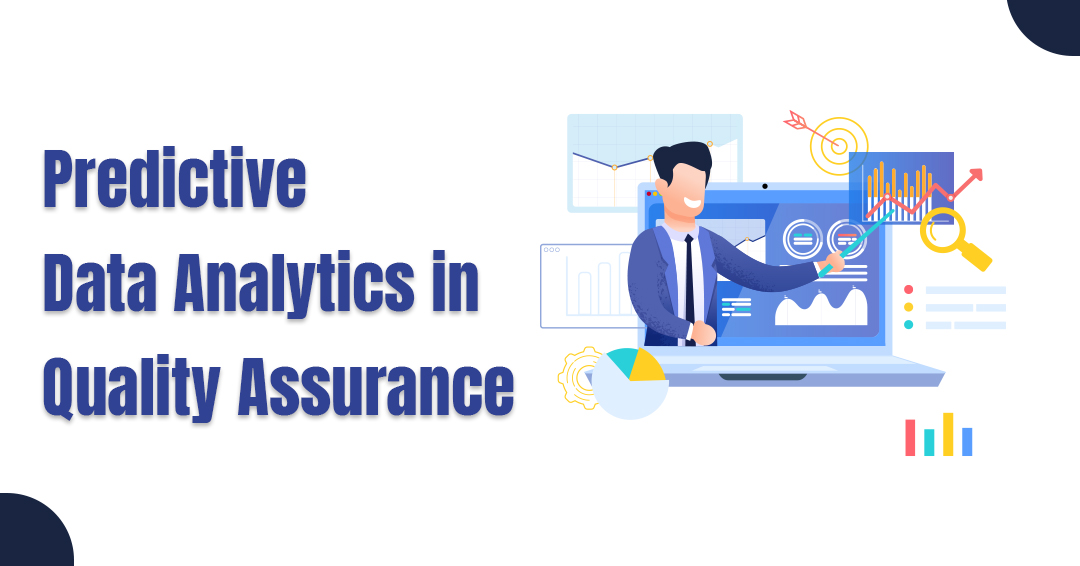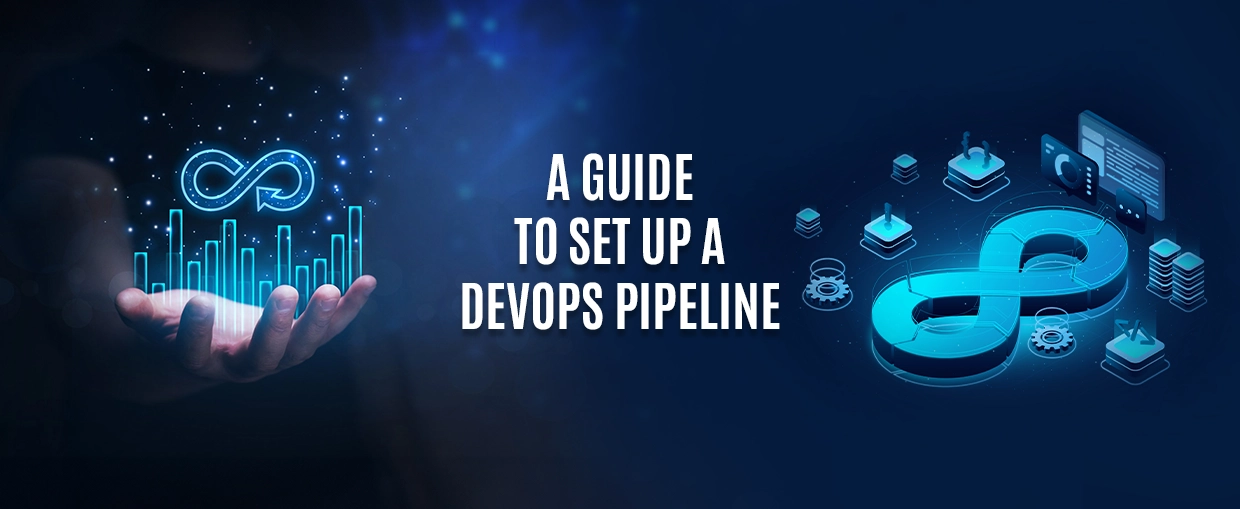Logistics and supply chain management stand at the forefront of every business. Navigating this dynamic landscape, which continually impacts the sustainability of logistics and supply chains through factors like product scarcity, economic volatility, fluctuating consumer demands, and regulatory shifts, presents formidable challenges. Yet, the true game-changer lies in embracing automation, which exponentially magnifies the impact of human efforts, ensuring business continuity. This synergistic alliance empowered by AI in supply chain and logistics management drives success by enhancing operational efficiency, optimizing delivery schedules, refining routing strategies, and enhancing customer satisfaction.
The utilization of AI in supply chain and logistics departments is experiencing a rapid expansion. According to reports, the market size for AI in supply chain and logistics was valued at USD 833.08 million in 2024 and is anticipated to reach USD 1,878.74 million by 2031, expanding at a compound annual growth rate (CAGR) of 10.7% from 2024 to 2031. Experts affirm that Artificial Intelligence and Machine Learning stand as pivotal technologies poised to foster boundless innovation and transformative disruption.
This blog will delve deeply into the role of Artificial Intelligence(AI) in supply chain and logistics management, exploring its advantages, primary applications, challenges, and the ways AI is instrumental in addressing these challenges.
What Is the Role of AI in Supply Chain and Logistics?
AI’s potential is now evident across industries, particularly in logistics and supply chain management. It has fundamentally reshaped businesses by automating critical operations. Incorporating AI into enterprise solutions can revolutionize logistics and supply chain operations, optimizing procedures significantly. Efficient inventory management and demand forecasting enable streamlined manufacturing and distribution processes.
Early adopters of AI gain a competitive edge in dynamic markets, enhancing efficiency and customer satisfaction. AI-driven workflows reduce logistics costs, boost revenue, and deliver high-value products to customers. Custom logistics and supply chain software solutions further optimize operations, driving growth in this sector.
Integrating AI in Supply Chain and Logistics: 5 Key Benefits
Businesses leverage AI in supply chain and logistics to enhance end-to-end activities, including monitoring product quality, balancing inventory with demand, and optimizing fuel-efficient delivery routes. The integration of Artificial Intelligence in logistics and supply chain management brings numerous benefits that companies enthusiastically embrace. Given \below are the5 key advantages:
1. Reducing Operational Expenses
By integrating AI into various sub-departments of logistics and supply chain processes, businesses can perform daily tasks with greater accuracy and reduced labor intensity. Utilizing historical data to identify inefficiencies helps cut costs in complex logistics and supply chain operations.
2. Ensuring On-time Delivery
AI-driven route optimization facilitates timely pickups and deliveries. Predicting demand levels allows for more accurate production scheduling, while real-time monitoring of supply chain events helps prevent delays caused by potential disruptions.
3. Insightful Operations and Decision-making
Analyzing datasets and historical insights enables business owners to plan more intelligently, utilize resources efficiently, and make informed decisions regarding raw materials, procurement, inventory storage, and more.
4. Providing a Seamless Customer Experience
AI solutions allow for real-time tracking of product shipments, keeping customers informed about locations and expected arrivals. Accurate predictions of potential delays enable proactive communication with customers. Additionally, AI-powered chatbots and virtual assistants offer personalized 24/7 customer support.
5. Enhancing Safety and Security
AI systems monitor the work environment and activities throughout the logistics and supply chain journey. They track equipment and vehicle health, alerting operators to any inefficiencies or issues. This proactive approach helps prevent major incidents and ensures safety during operations.
AI Applications in Supply Chain and Logistics
Adopting a digital-first strategy incorporating advanced technologies such as AI enables businesses to operate with resilience and sustainability. In this section, we will explore different AI applications in logistics and supply chains that help businesses reduce risks and maintain a consistent flow of goods and services.
1. Inventory Management
Balancing inventory with demand is a challenging task; overstocking increases storage costs and waste risk, while understocking leads to missed opportunities. AI transforms logistics and supply chain management, especially inventory management, by introducing new efficiencies in stock handling.
Demand Forecasting for Inventory: Utilizing advanced algorithms and AI-driven systems, inventory demand forecasting and planning tools help businesses predict sales trends and customer demand changes. This leads to better purchasing decisions, improving overall supply chain management with precise buying recommendations and comprehensive reporting features.
Intelligent Replenishment: AI solutions allow retailers to automate their replenishment, and transition from traditional methods to smarter strategies. By accurately predicting market demand, calculating optimal order quantities, and setting reorder points, AI enhances decision-making for greater process efficiency.
Automated Defect Detection: AI systems, trained on extensive data of both defective and non-defective products, continuously monitor and analyze these patterns. The system approves products based on various metrics and flags any deviations through IoT in logistics and supply chain, allowing product managers to quickly address issues.
2. Warehouse Management
AI in supply chain and logistics paves the way for companies to modernize their facilities, automating and streamlining all warehouse-related tasks from beginning to end. A warehouse management system driven by artificial intelligence (AI) reduces labor costs and time spent on tedious manual labor, improves process visibility, and lets companies react to client requests promptly and precisely.
Warehouse Layout Optimization: Businesses can utilize AI-driven warehouse management tools to predict future demand trends and design the warehouse layout and product placement based on past data, ensuring quicker picking and delivery.
Autonomous Mobile Robots (AMRs): AMRs are AI-powered and built with deep learning algorithms, allowing them to move and function independently and swiftly adapt to changes in their natural environment. They are adept at picking, storing, sorting, and transporting goods, among many other duties involved with warehouse management. The safest atmosphere can be created, labor expenses can be reduced, and warehouse productivity can rise with their efficient use.
Intelligent Packaging Selection: AI is a major factor in improving packing efficiency by making it more intelligent. Artificial intelligence (AI) solutions have the ability to suggest the best raw materials and sizes for optimal packaging based on data that has been gathered or obtained from IoT devices and sensors. Furthermore, to improve packing decisions even more, machine learning models allow us to concentrate on additional factors such as transportation routes, storage circumstances, and more.
3. Transportation Management
In logistics and supply chain management, AI-based transportation management systems enable companies to take advantage of their potential in a number of ways, including determining the best routes, utilizing AI & IoT-based predictive maintenance to prevent expensive problems, and paving the way for an efficient and sustainable future.
Route Optimization: AI-powered systems can examine current traffic information, weather patterns, vehicle capacities, and delivery restrictions. By selecting the most economical routes for their vehicles based on parameters like traffic, these algorithms can assist companies in cutting down on emissions and fuel use. The overall goal of the process is to deliver goods to customers on time, maximize asset usage, and save transportation expenses.
Fleet Predictive Maintenance: AI algorithms examine usage patterns of equipment and vehicles as well as data from telematics sensors. Based on a variety of indicators, the models employ algorithms to forecast potential problems and the need for maintenance. This makes it possible to schedule proactive on-site maintenance, which greatly lowers defects and downtime and can result in optimized cost limitations. As a result, maintenance expenses go down, asset utilization extends, and vehicles become more trustworthy.
Capacity Control and Dynamic Pricing: The profitability of logistics and transportation enterprises is determined by dynamic pricing. IT professionals can develop algorithms that focus on supply and demand ratios, examine the pricing strategies of competitors, and other factors that assist firms in setting prices that maximize profit by utilizing artificial intelligence (AI) in supply chain and logistics.
4. Supplier Relationship Management
The application of AI can transform the systematic method of finding, assessing, and establishing contact with suppliers into a more creative and successful approach. Businesses can greatly benefit from an AI-powered supplier relationship management system, which can aid with supplier selection, decision-making, and alignment of the supplier relationship with the organization’s strategic goals.
Evaluation of Supplier Performance: This comprehensive analysis allows businesses to remain agile and implement competitive pricing strategies. When integrated with other supplier performance evaluation methods, AI-driven tools provide organizations with valuable pricing insights, enabling strategic procurement decisions and enhancing cost-effectiveness and competitiveness in market.
Analysis of Expenditures and Optimization of Costs: AI-driven solutions transform this area using machine learning algorithms. These systems collect and analyze real-time data from multiple sources, offering insights into metrics like delivery performance, quality, defect rates, and cost efficiency. When deviations occur, AI alerts procurement professionals, allowing for swift, informed actions that ensure supplier relationships align with business goals.
Assessment and Mitigation of Risks: AI-powered supplier risk management shields against disruptions by analyzing historical data on past procurement issues. Machine learning models, like decision trees and random forests, assign risk scores based on similar factors from previous incidents, alerting procurement teams to high-risk suppliers early. This robust system enables proactive measures, strengthening supplier relationships and preventing future problems.
Key Challenges AI Can Address and Solve in Supply Chain and Logistics
Simplifying business operations and increasing efficiency depends heavily on recognizing problems and creating solutions. This section outlines the main problems with supply chains and logistics and how AI-based solutions can solve them out.
Uncertainty and Disruptions: Effective supply chain management requires the ability to adjust to change. With the use of AI techniques, large data sets may be analyzed to identify trends and predict future disruptions, allowing for the proactive management of anticipated uncertainty.
AI also looks at customer patterns, weather, and real time events, enabling supply chain professionals to make proactive changes to production schedules, reroute shipments, and manage inventory. Artificial Intelligence helps sustain uninterrupted operations in the face of unforeseen problems and variable demands by anticipating and promptly addressing concerns.
Error and Inefficiency: AI-powered solutions can reduce inefficiencies by supporting wiser decisions, automating tasks, and making better use of resources. AI route mapping determines the optimal routes, its prediction capability evaluates past data, generates insights for demand forecasting in the future, and optimizes supply chain events and end-to-end logistics; all of these features lower the possibility of human mistakes and increase efficiency.
Shortage of Labor
Labor shortages are common in the logistics and supply chain sector, particularly in the areas of warehouse management and inventory management. AI is skillfully handling this problem by eliminating the need for manual labor by automating a variety of jobs, such as material handling, picking, and sorting in warehouses. Additionally, they provide 24/7 customer service via an AI chatbot.
Streamline Your Supply Chain & Logistics Operations with AI Today!
Advanced AI solutions not only enhances operational efficiency and decision-making but also mitigates risks and adapts to dynamic market demands effectively. Thus integrating AI in supply chain and logistics operations through dedicated AI development services offered by a reputable software development company is pivotal for modern businesses. Their IT consulting services help ensure seamless integration and ongoing support. Hire dedicated developers as it guarantees tailored solutions that align precisely with organizational goals. This strategic approach empowers businesses to optimize supply chain processes, improve customer satisfaction, and achieve sustained growth in a competitive landscape driven by technological innovation. Have any queries? Feel free to contact us!

